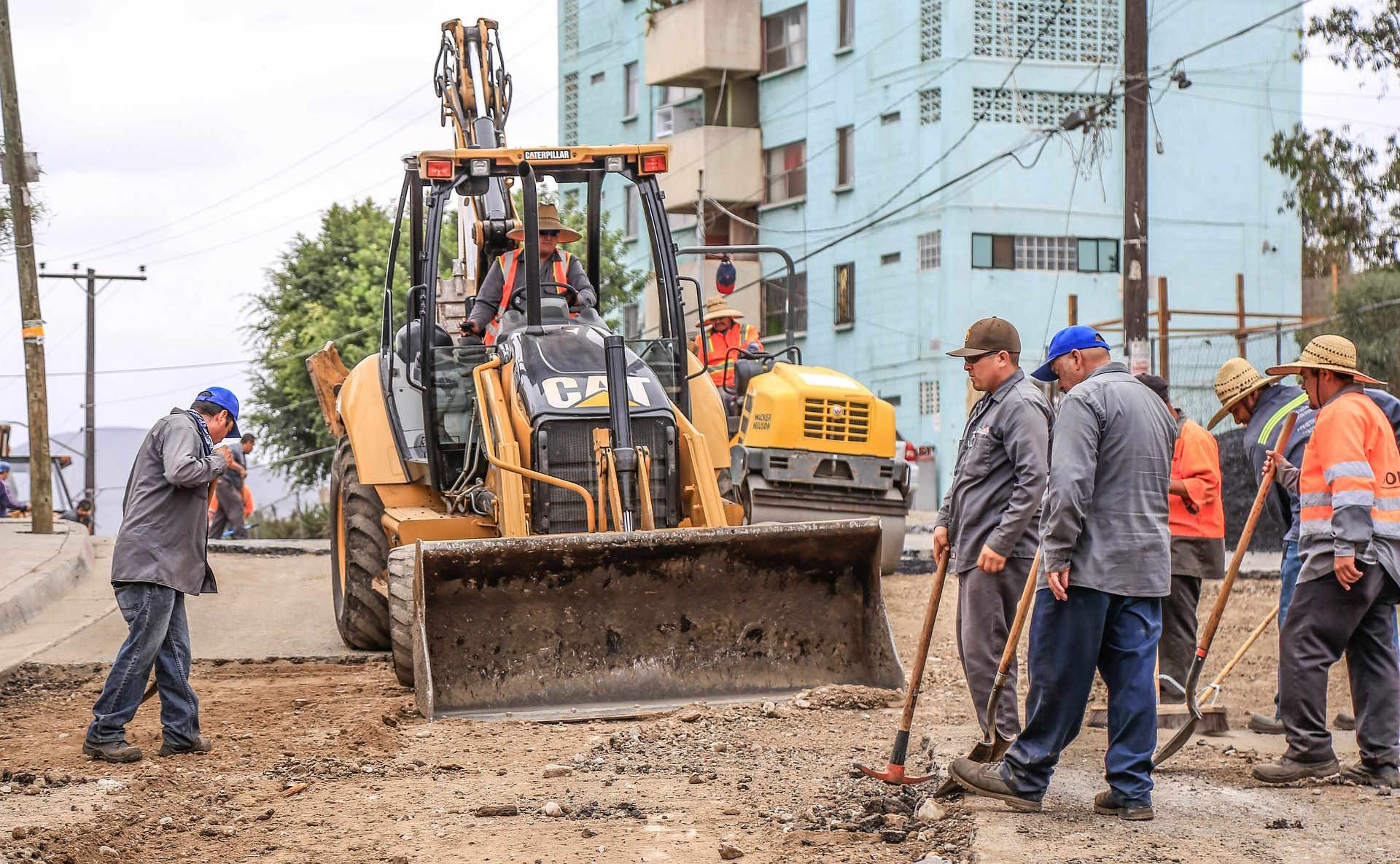Mastering the Excavator: Your Guide to Heavy Equipment Careers
Dive into the world of heavy equipment operation and discover the essential role of excavator operators in shaping our built environment. This comprehensive guide explores the skills, qualifications, and opportunities in this dynamic field, offering valuable insights for those considering a career in construction and earth-moving industries.

Mastering the Controls: Key Responsibilities of Excavator Operators
Excavator operators are the unsung heroes of construction sites, wielding powerful machines to shape the earth and lay the groundwork for countless projects. Their daily tasks encompass a variety of critical responsibilities:
- Precision earth-moving, including digging trenches and foundations
- Skillful terrain grading and leveling
- Efficient material transfer to trucks or other equipment
- Routine equipment maintenance and safety inspections
- Accurate interpretation and execution of project blueprints
These duties demand a unique blend of technical expertise, spatial awareness, and meticulous attention to detail. Successful operators must balance efficiency with unwavering commitment to safety protocols.
Crafting the Ideal Operator: Essential Skills and Qualifications
To excel in the field of excavator operation, individuals must cultivate a specific skill set:
- Machine mastery: Proficiency in operating various excavator models and attachments
- Physical resilience: Endurance for long hours of focused operation
- Spatial acuity: Keen depth perception and hand-eye coordination
- Effective communication: Ability to collaborate seamlessly with team members
- Safety-first mindset: Thorough understanding of and adherence to safety guidelines
Qualification requirements typically include: - High school diploma or equivalent - Completion of vocational training or apprenticeship programs - Industry-recognized certifications, such as those offered by the National Commission for the Certification of Crane Operators (NCCCO)
Safety: The Cornerstone of Excavator Operation
In the realm of heavy equipment operation, safety is paramount. Key safety considerations for excavator operators include:
- Comprehensive training and up-to-date certifications
- Diligent equipment inspections and maintenance routines
- Constant vigilance of surroundings and potential hazards
- Proper utilization of personal protective equipment (PPE)
- Strict adherence to OSHA regulations and site-specific safety protocols
Operators bear the responsibility not only for their own well-being but also for the safety of their colleagues and the public. Ongoing safety training is often provided by employers to ensure operators remain current with industry best practices and evolving regulations.
Versatility in Action: Excavator Applications Across Industries
The versatility of excavators makes them indispensable across a wide spectrum of construction and development projects:
- Residential and commercial construction
- Infrastructure development, including roads and highways
- Utility installations, such as pipelines
- Resource extraction in mining and quarrying operations
- Landscaping and land preparation
- Demolition and site clearance
This diversity of applications translates to a wealth of opportunities for operators to engage in varied and exciting projects throughout their careers.
Navigating the Career Landscape: Job Outlook for Excavator Operators
The employment outlook for skilled excavator operators remains generally positive, driven by several factors:
- Ongoing economic growth and investment in construction sectors
- Government initiatives for infrastructure improvement
- Continuous urban expansion and development
- Natural attrition as experienced operators retire
As the industry evolves, operators must stay adaptable, embracing new technologies and control systems. Continuous learning and skill development are crucial for long-term success in this dynamic field.
Climbing the Career Ladder: Advancement Opportunities
Experienced excavator operators can explore various paths for career progression:
- Leadership roles: Supervising teams on large-scale projects
- Training and education: Becoming instructors for the next generation of operators
- Project oversight: Transitioning into construction management positions
- Specialized operations: Focusing on niche areas like marine excavation or precision demolition
- Entrepreneurship: Establishing independent excavation services
Advancement often requires additional certifications, management skills, and a comprehensive understanding of broader construction processes.
Conclusion: Building a Solid Future in Excavator Operation
The field of excavator operation offers a rewarding career path for those drawn to the construction industry and heavy equipment operation. With its strong emphasis on safety, diverse project opportunities, and potential for advancement, this profession provides a stable and fulfilling career trajectory. As construction techniques and technologies continue to evolve, skilled excavator operators will remain integral to shaping our built environment, playing a crucial role in the progress of infrastructure and development projects worldwide.






